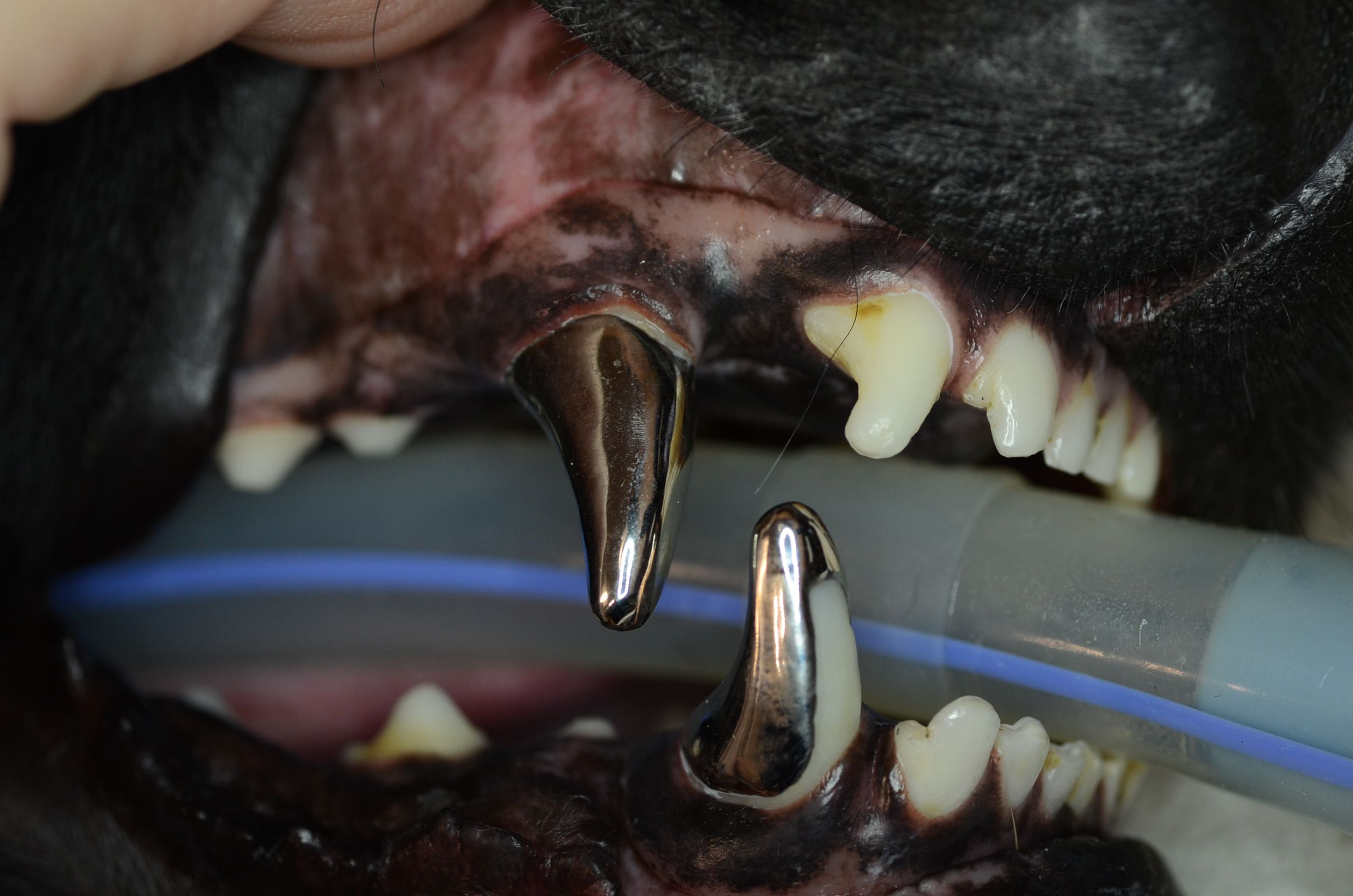7 Black Lines On Teeth Remedies That Really Work

The appearance of black lines on teeth can be a source of significant aesthetic concern for many individuals. These lines, often associated with poor oral hygiene, smoking, or certain medical conditions, can detract from an otherwise healthy and vibrant smile. Fortunately, there are several effective remedies that can help mitigate the appearance of these unsightly lines, restoring confidence in one’s smile. Here’s a comprehensive look at seven remedies that have proven to be particularly effective:
1. Professional Dental Cleaning
One of the most straightforward and effective ways to address black lines on teeth is through a professional dental cleaning. During this procedure, a dentist or hygienist uses specialized instruments to remove plaque, tartar, and stains from the teeth, both above and below the gum line. This process can significantly reduce the appearance of black lines, especially when combined with good oral hygiene practices at home. Regular cleanings not only improve the aesthetic appeal of the teeth but also play a crucial role in preventing gum disease and other oral health issues.
2. Hydrogen Peroxide Mouthwash
Hydrogen peroxide, in appropriate concentrations, can be an effective at-home remedy for reducing the appearance of black lines on teeth. Its mild bleaching properties can help lighten the teeth and reduce stains. To use hydrogen peroxide as a mouthwash, dilute it with water according to the product’s instructions or your dentist’s advice, swish it around your mouth for about 30 seconds, and then spit it out. However, it’s essential to use this method cautiously and not too frequently, as excessive use can lead to tooth sensitivity and gum irritation.
3. Baking Soda and Lemon Juice Paste
A homemade paste made from baking soda and lemon juice can serve as a natural teeth whitening agent. The mild abrasiveness of baking soda helps remove surface stains, while the acidity in lemon juice has a bleaching effect. To prepare this paste, mix 1 teaspoon of baking soda with 2 teaspoons of lemon juice to form a smooth paste. Apply it to your teeth with a toothbrush for about 1 minute, then rinse your mouth thoroughly with warm water. Use this remedy sparingly, as the acidity can potentially erode tooth enamel if used too frequently.
4. Activated Charcoal
Activated charcoal has gained popularity for its ability to absorb stains and whiten teeth. It works by adhering to the stain molecules and lifting them off the teeth surface when you rinse. To use activated charcoal for removing black lines, wet your toothbrush, dip it into the powdered charcoal, and brush your teeth as you normally would for about 2 minutes. Then, spit it out and rinse your mouth thoroughly. While activated charcoal can be effective, its use might not be suitable for everyone, especially those with sensitive teeth or gums.
5. Oil Pulling
Oil pulling, an ancient Ayurvedic practice, involves swishing oil in the mouth to remove bacteria, reduce bad breath, and whiten teeth. Coconut oil, sesame oil, and sunflower oil are commonly used for this purpose. Take a tablespoon of your chosen oil, swish it around your mouth for 15-20 minutes, making sure to reach all areas, and then spit it out. Do not swallow the oil as it will contain bacteria and toxins from your mouth. Oil pulling can help reduce plaque and gum inflammation, which might contribute to the appearance of black lines on teeth.
6. Turmeric Powder
Turmeric contains a compound called curcumin, which has potent antioxidant and anti-inflammatory properties. These properties can help reduce gum inflammation and kill bacteria that might contribute to the formation of black lines on teeth. To use turmeric for oral health, mix 1 teaspoon of turmeric powder with enough water to make a paste. Apply this paste to your teeth and let it sit for about 5 minutes before rinsing your mouth thoroughly with warm water. Turmeric can stain clothing and surfaces, so use it with caution.
7. Dental Bonding or Veneers
For more severe cases of black lines on teeth, or when the lines are caused by structural issues such as cracks or gaps, dental bonding or veneers might be the most effective solution. Dental bonding involves applying a tooth-colored resin to the tooth and then hardening it with a special light, bonding it to the tooth to improve its appearance. Veneers are thin, custom-made shells designed to cover the front of the teeth, completely masking any imperfections, including black lines. Both of these procedures should be performed by a professional dentist to ensure the best results and longevity.
Importance of Professional Consultation
While these remedies can be effective, it’s crucial to consult with a dental professional before starting any new oral care regimen, especially if you’re considering treatments for aesthetic purposes. A dentist can assess the underlying cause of the black lines on your teeth and recommend the most appropriate treatment. Moreover, some remedies might not be suitable for everyone, particularly those with certain dental work, such as fillings or crowns, or specific health conditions.
Conclusion
Black lines on teeth can be addressed through a combination of good oral hygiene practices, professional dental care, and the use of natural remedies. However, it’s essential to approach these remedies with caution and under the guidance of a dental professional to ensure safety and effectiveness. By taking proactive steps towards oral health and exploring the various treatment options available, individuals can significantly improve the appearance of their teeth and enjoy a healthier, more confident smile.
How often should I visit my dentist for cleanings if I have black lines on my teeth?
+Regular dental cleanings are essential for maintaining good oral health, especially if you’re concerned about black lines on your teeth. It’s generally recommended to visit your dentist every six months for a check-up and cleaning. However, if you have a history of gum disease or other oral health issues, your dentist may recommend more frequent visits.
Can I use hydrogen peroxide mouthwash daily?
+No, using hydrogen peroxide mouthwash daily is not recommended. Overuse can lead to tooth sensitivity and gum irritation. Always follow the product’s instructions or your dentist’s advice on how to use it safely and effectively.
Are there any side effects of using activated charcoal for teeth whitening?
+While activated charcoal can be effective for teeth whitening, it may not be suitable for everyone. Some people experience tooth sensitivity or gum irritation after using it. It’s also important to note that activated charcoal is abrasive and can erode tooth enamel if used excessively.
